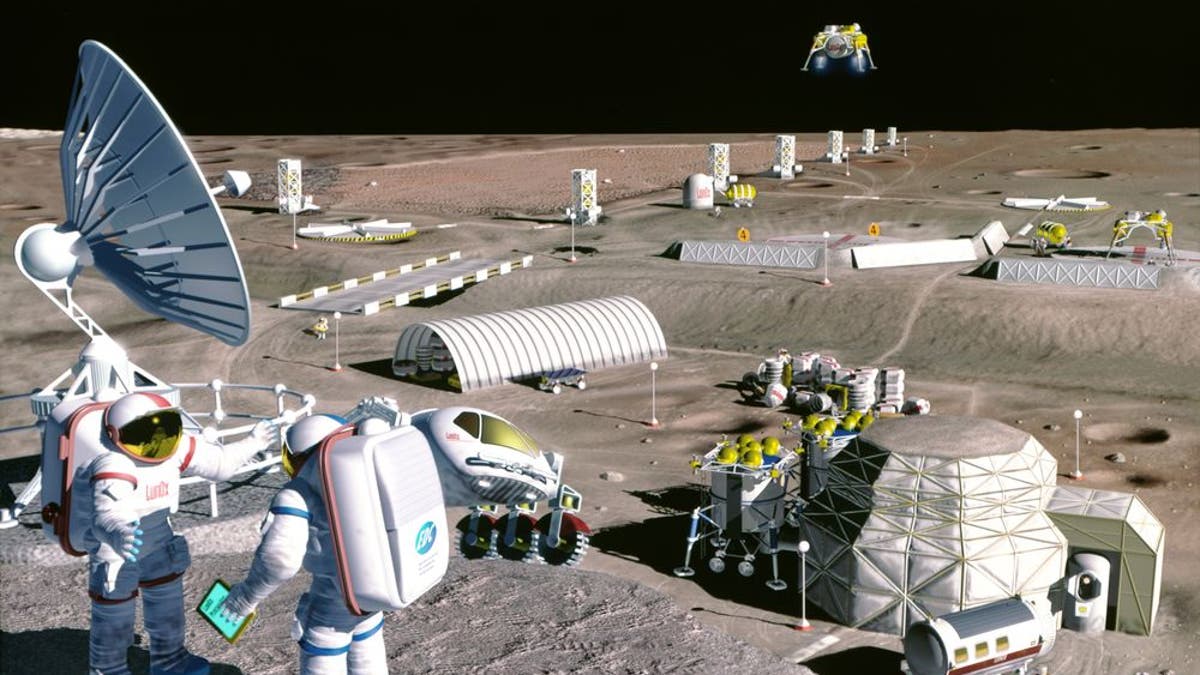
The addition of Charles Miller to the NASA "landing party" bodes well for private space companies
Every time America gets a new president, NASA undergoes an upheaval. The agency gets new leadership, and sometimes major programs get cut.
Trump's plans for NASA are still largely up-in-the-air (well, maybe except for its climate change research, which is probably in trouble), but one thing seems certain: the partnerships that the space agency has been developing with private companies won't suffer during a Trump administration. Yesterday, the president-elect appointed private space advocate and businessman Charles Miller to the NASA transition team.
Miller formerly advised NASA on its strategies for working with the commercial space industry. He co-founded NanoRacks, a company that helps others conduct research on the International Space Station, among other services. Blue Origin, Virgin Galactic, and the European Space Agency are on the company's list of clients. Miller is also the president of the consulting company NextGen Space LLC, and has a host of other qualifications.
As part of Trump's transition team, Miller will join more traditional NASA experts to help shape the space agency's goals and policies going forward. It's still unclear whether the policies will lean toward business as usual (such as NASA continuing to develop its own rocket and spacecraft to get to Mars), or favor the cheaper, renewable craft in development by private spaceflight companies SpaceX and Blue Origin. Trump has already had meetings with Blue Origin founder Jeff Bezos and SpaceX's Elon Musk.
We're also waiting to see whether NASA will keep its sights set on reaching Mars in the 2030s, or whether the focus might shift a little closer to home.
Last year, Miller led research that concluded private and international partnerships could make it 90 percent cheaper for NASA to set up a permanent, crewed base on the moon. The lunar base could theoretically be used to mine water from the moon's craters and split it into hydrogen and oxygen—rocket fuel—to sell to private companies. By turning the moon into a gas station, there are hopes that these mines could make space exploration cheaper and easier.
With moon-colony-advocate Newt Gingrich also advising Trump, there has already been speculation that the new president might want to bring American astronauts back to the moon. Trump's pro-business tactics may favor the various private companies who hope to mine the moon at a profit.
Other commercial space backers may soon be joining the Trump transition team as well. Alan Stern, chairman of the Commercial Spaceflight Federation (and principal investigator on the New Horizons mission to Pluto), and Alan Lindenmoyer, who formerly led NASA's commercial space taxi program, may also join Trump's advisory team shortly.








































